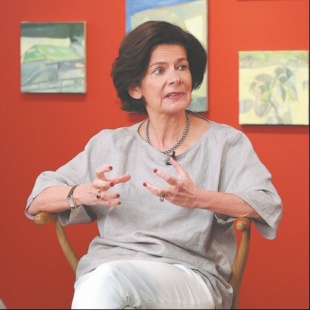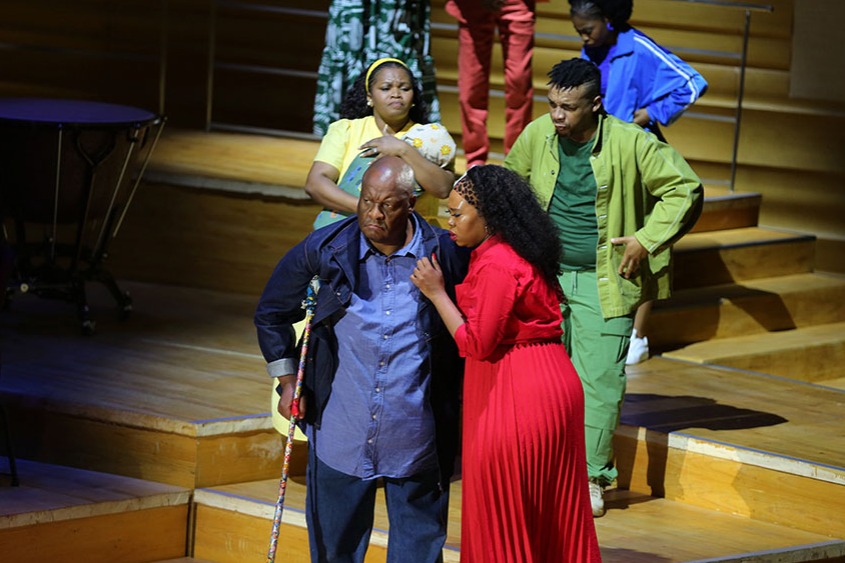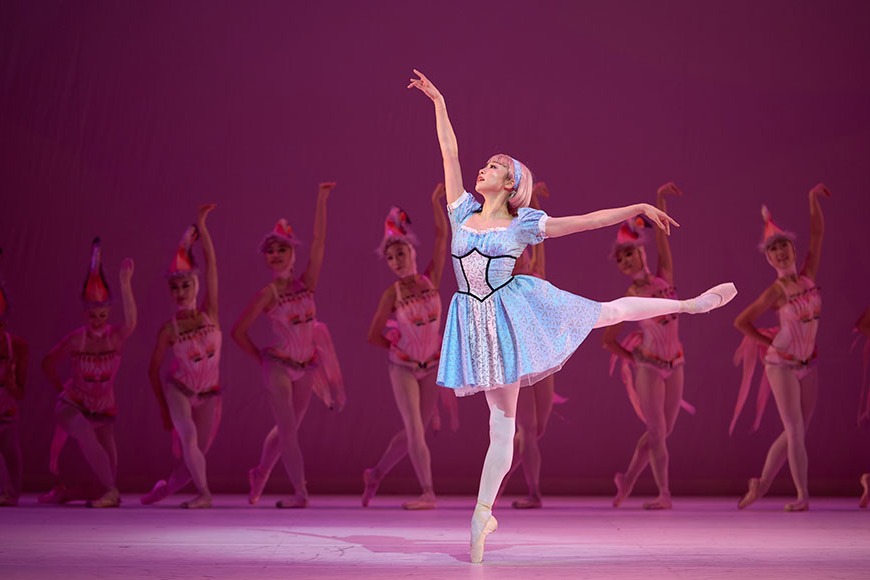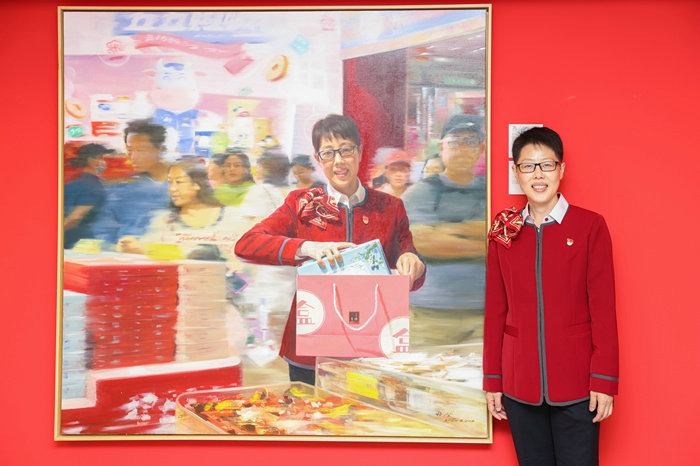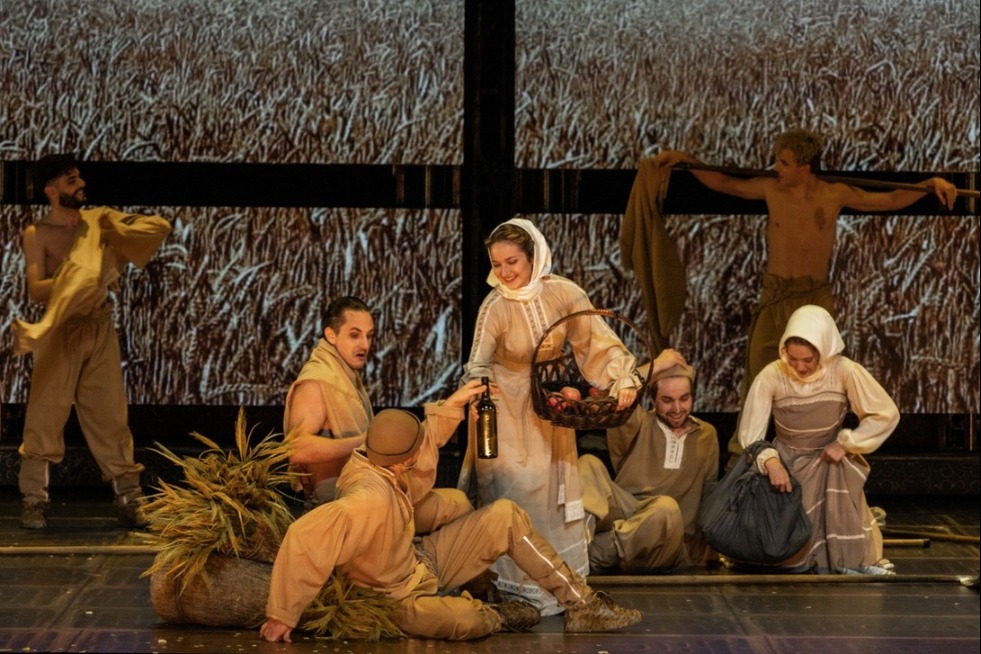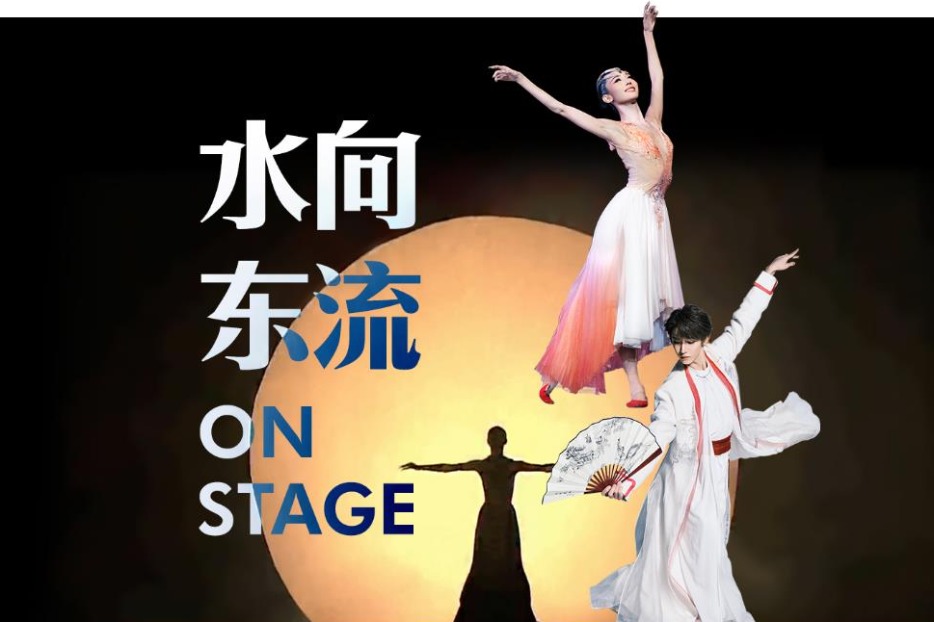A celebration of civilizations
French writer and curator in Beijing joins a salon with a Chinese cellist trained in France to discuss how art, literature and music translate beyond the cliche of 'universal languages' to traverse intercultural intersections, Erik Nilsson reports.


A few words
Cayol and Chu began by listing words to describe each country.
Chu selected the French words for "thank you", "excuse me" and "goodbye" to describe France.
"These are not just simple words," he says. "They are three big signs of modern, human civilization."
He points out such courtesies function to enrich expansive social bonds.
"Treating your family members and your friends well doesn't mean necessarily you're civilized. Saying 'thank you', 'excuse me' to people you don't know," he says, shows a civilized attitude.
"I'm an artist. My work, my entire lifelong commitment, is for people who I don't know. That, for me, is being civilized."
Cayol selected "art", "Riviera "and "people" for France, and "movement", "energy" and "sharing" for China.
That's because of "the rhythm to move and change and adapt to situations, this kind of energy that I feel when I come to China, when I am living in Beijing, and sharing good moments with people through gastronomy and life, and very friendly ways of sharing moments with people".
Chu's words for China were his favorite foods — gulaorou (sweet-and-sour pork), baochao yaohua'r (stir-fried pork kidney) and congyoubing (scallion pancakes). "I come to Beijing for concerts, for family and for these three dishes," he says.
The cellist agrees that cuisine is another universal language and points out that Chinese has the term jingshen shiliang, or "spiritual food".
He likewise adores French quiche Lorraine, escargot and seafood.
Table talk
This led to a discussion on how food nourishes culture. Chinese and French societies arguably appreciate mealtimes more than many other countries do.
"We're two cultures that spend the most time at the table. It's as simple as that," Chu says.
"French people can stay at the table and forget they have a concert afterward."
When a cohost asks, "So, you've experienced that, where French people forgot to go to your concert?" Chu replies: "No. Not my concert. Their concert. Any concert!"
Cayol points out both cultures have long-standing gastronomic traditions in which delicacies meet discussions for dinner.
"We are two huge civilizations who have this 'language' in common — how to share quality moments with food. Sharing moments with food, thanks to food, thanks to wine, is also a way to share other topics. We love sharing ideas, dreams and emotions about life," she says.
"French people, above everything, we really like to talk. So, having lunch or having dinner together is a way to share ideas, sometimes in a very dynamic way. And we have free discussions.
"If you never have the time to sit down and to have the possibility to enjoy moments, you don't have this pleasure. It's something linked with time."


